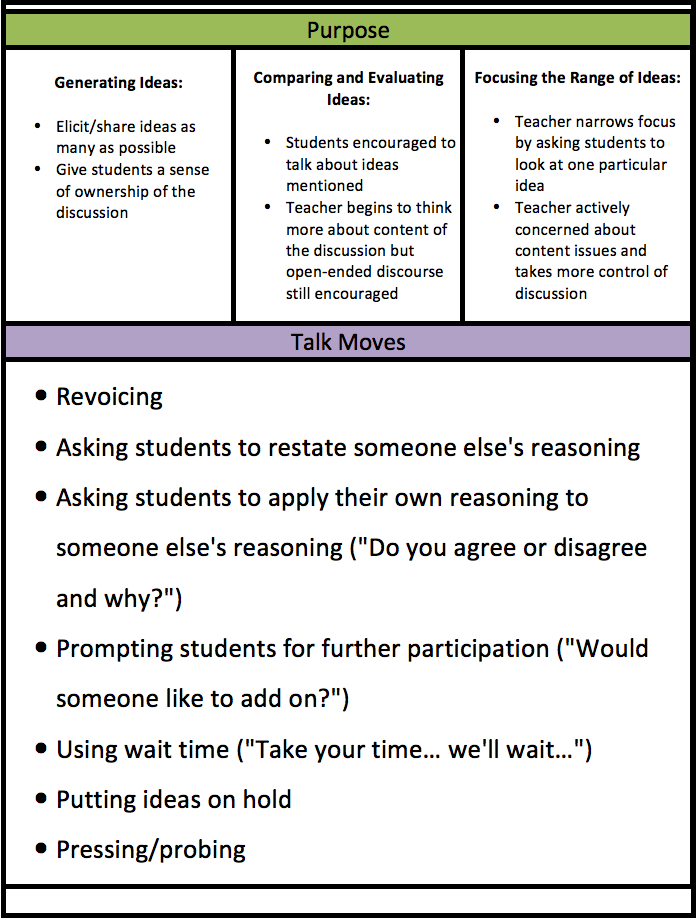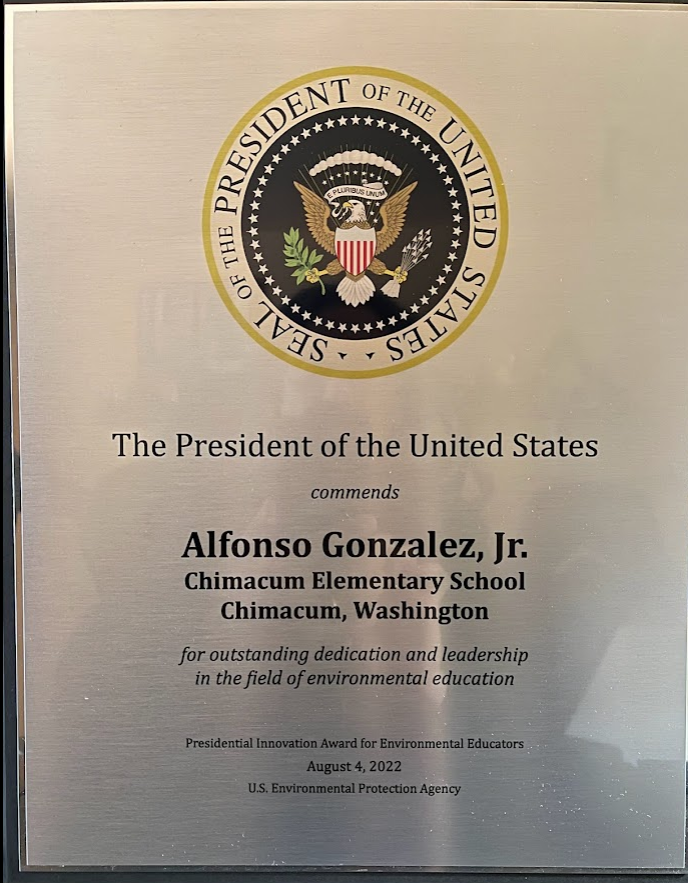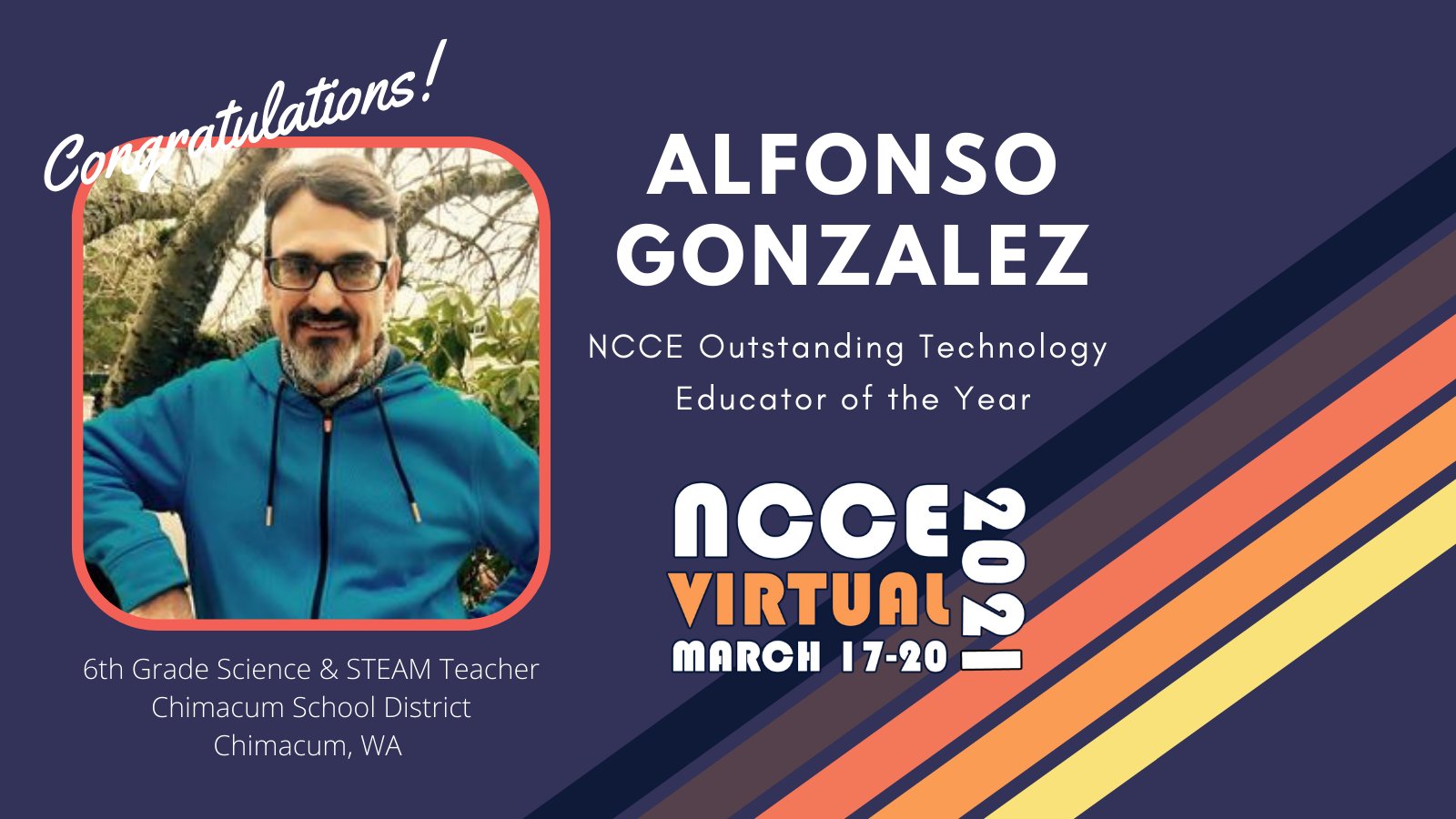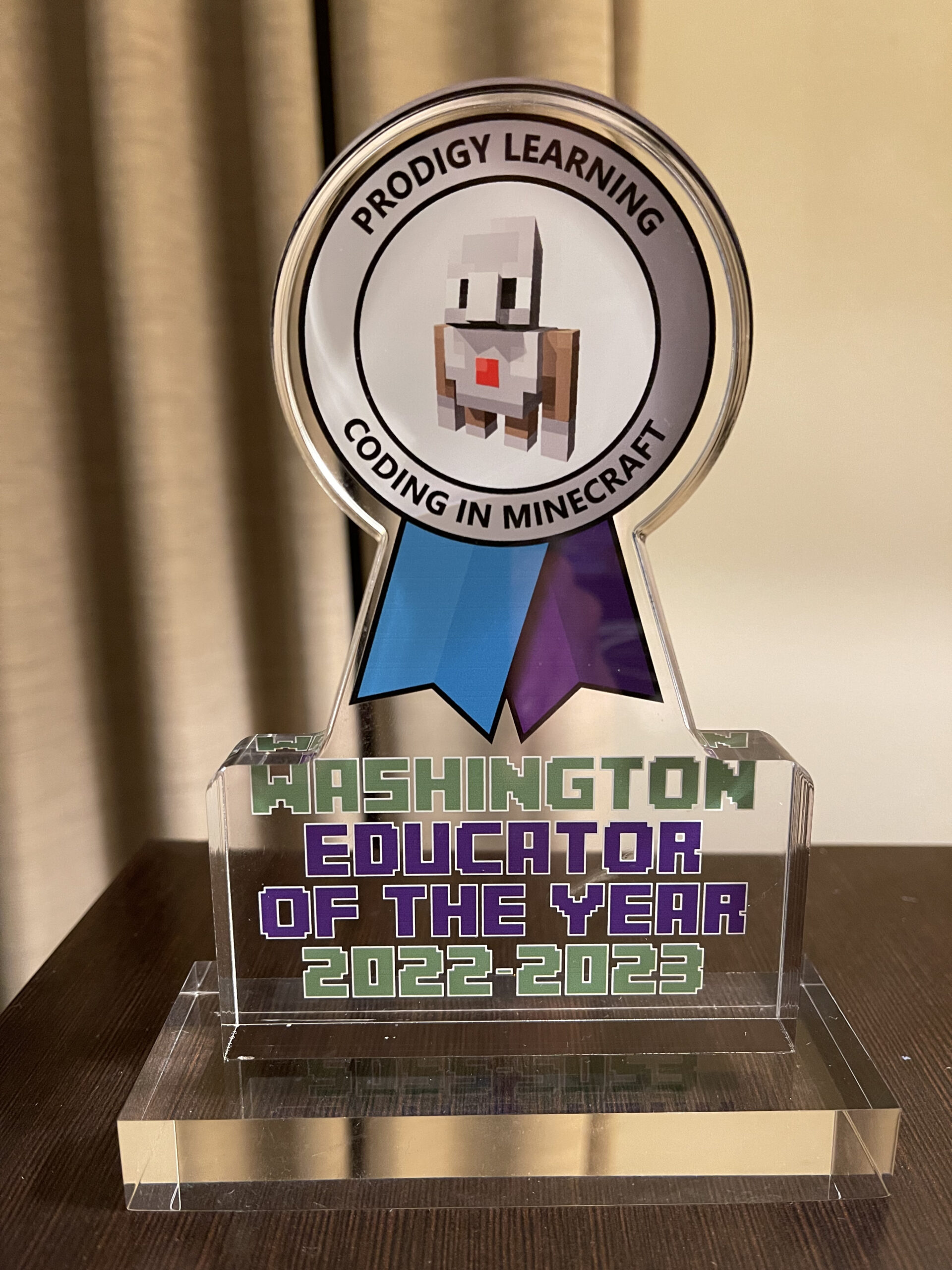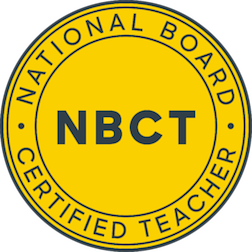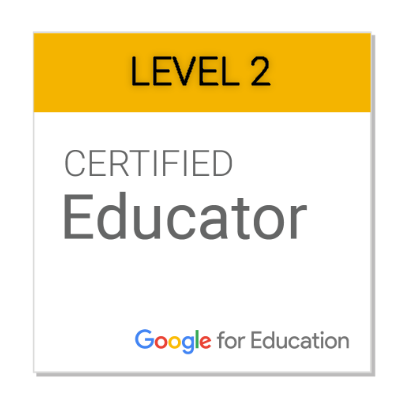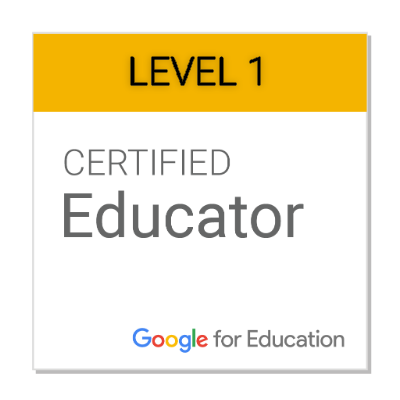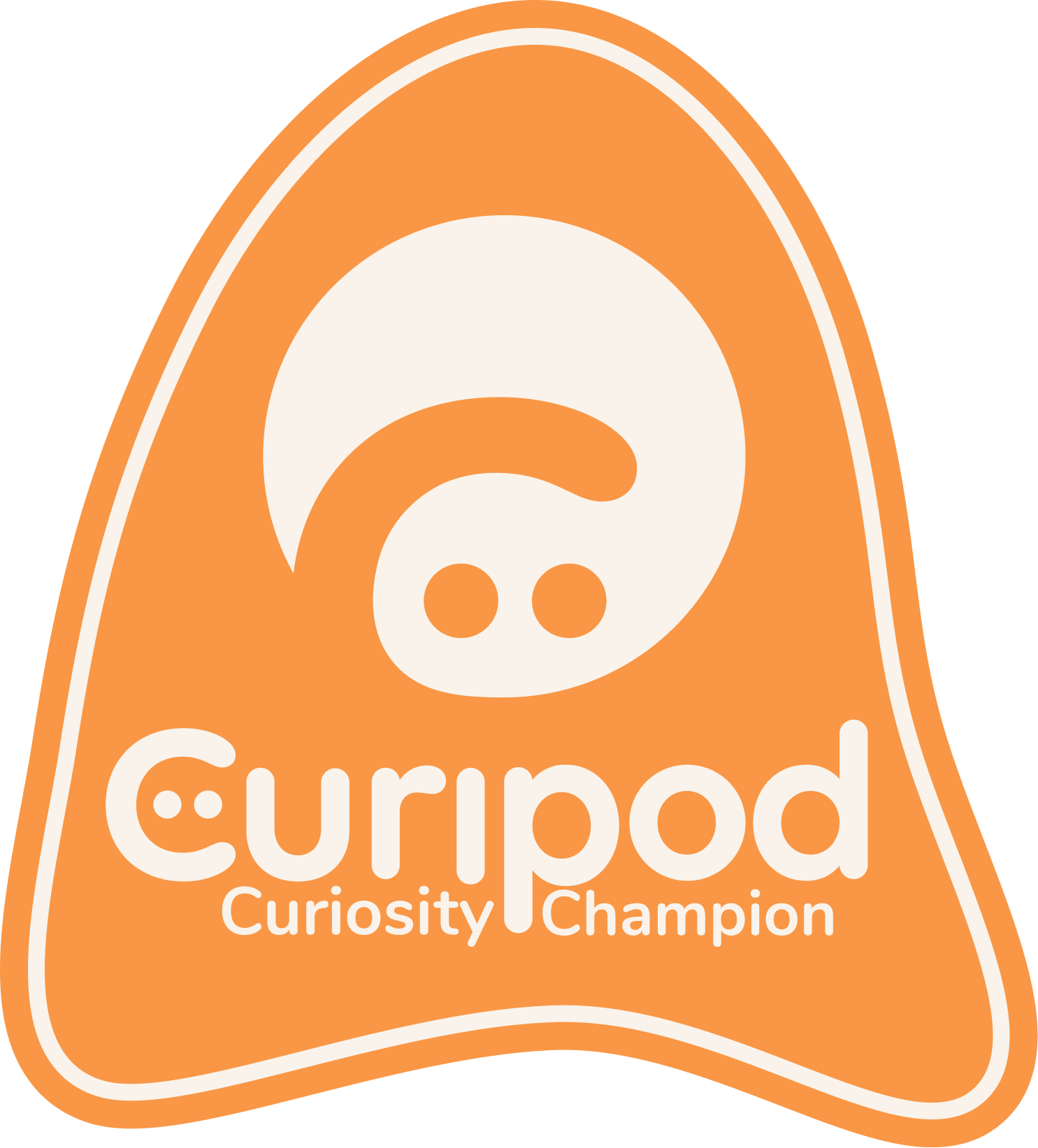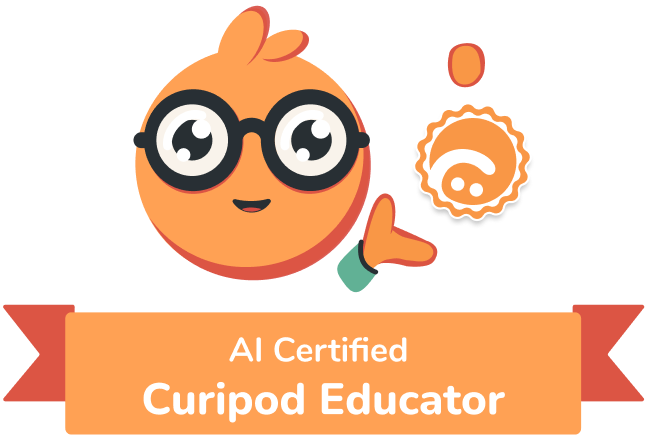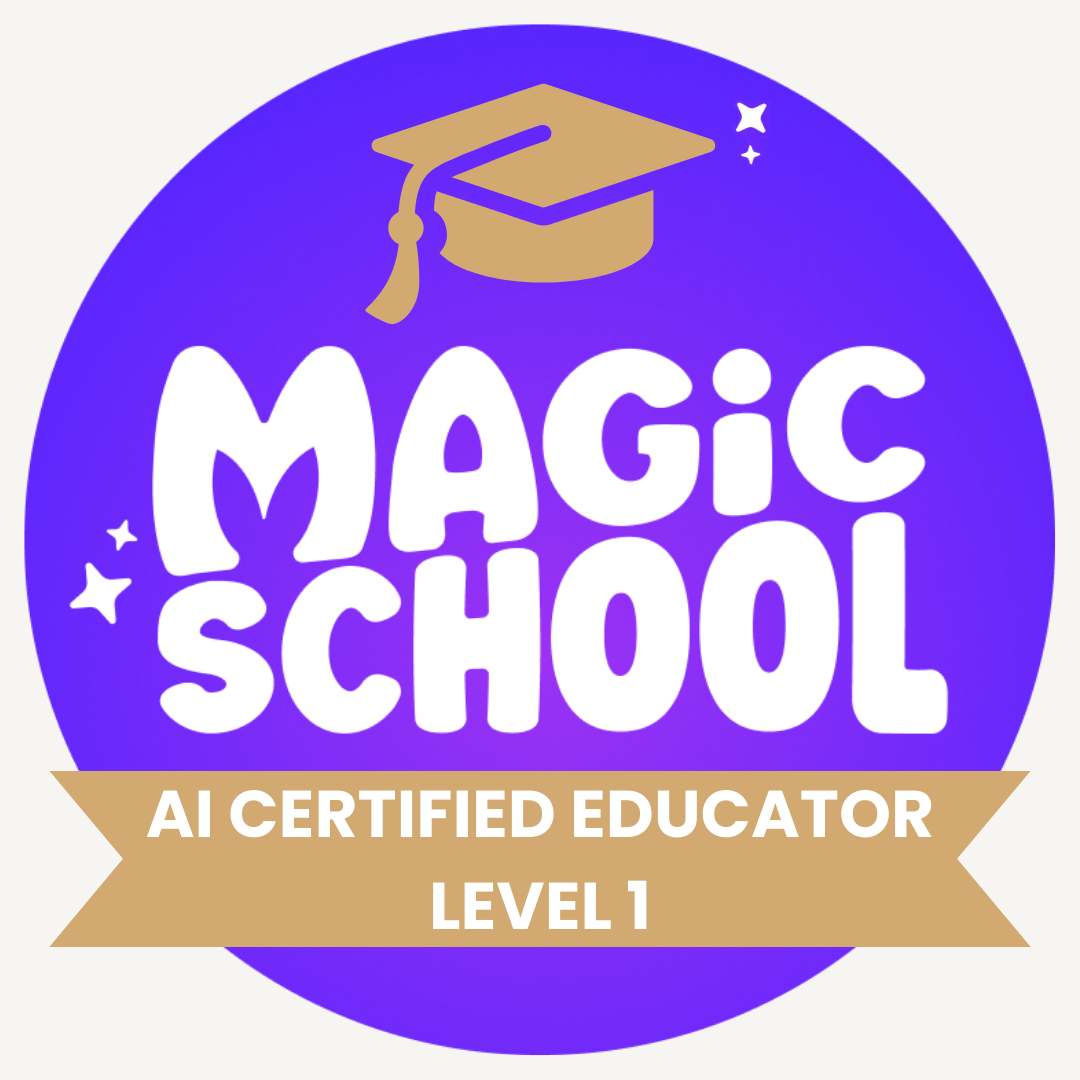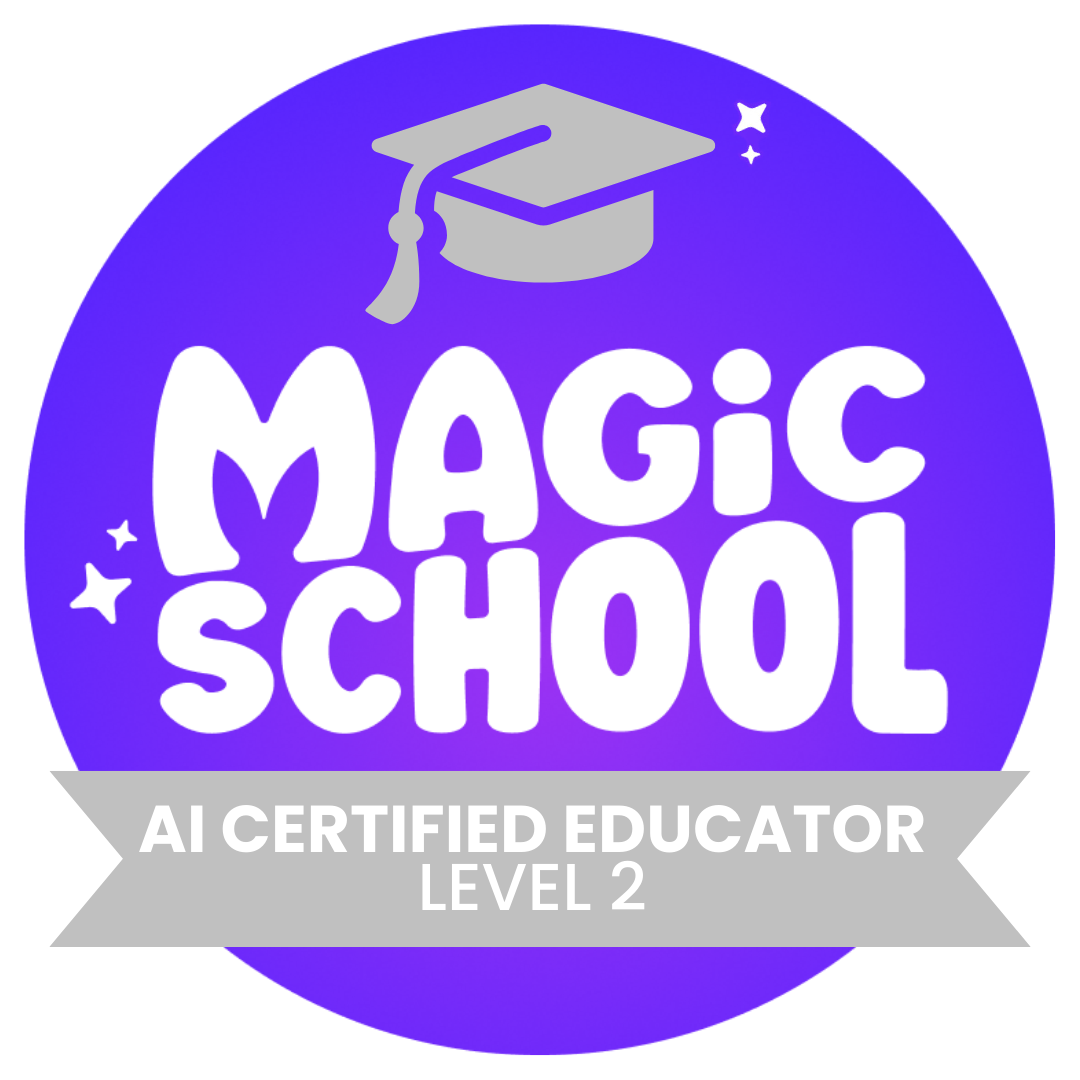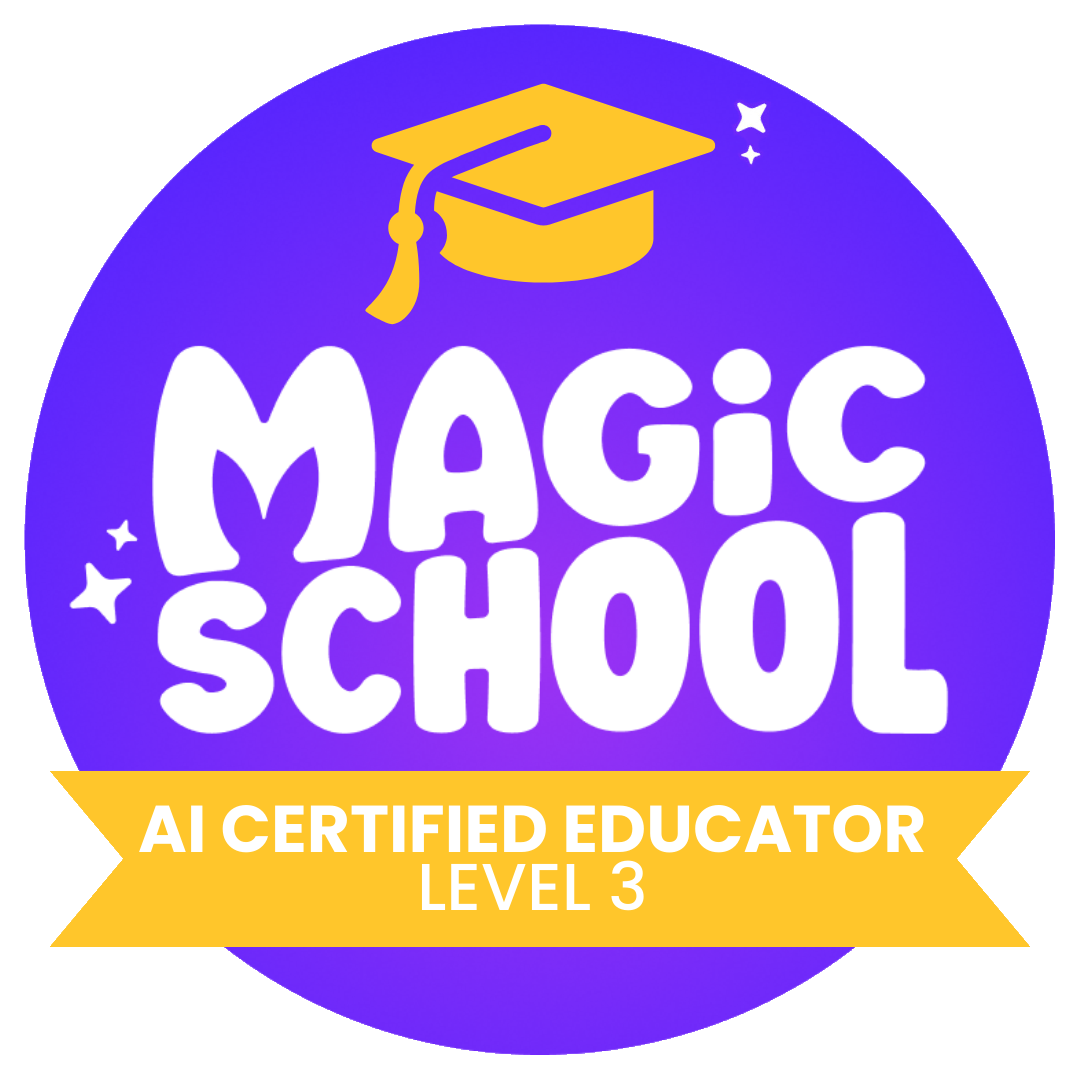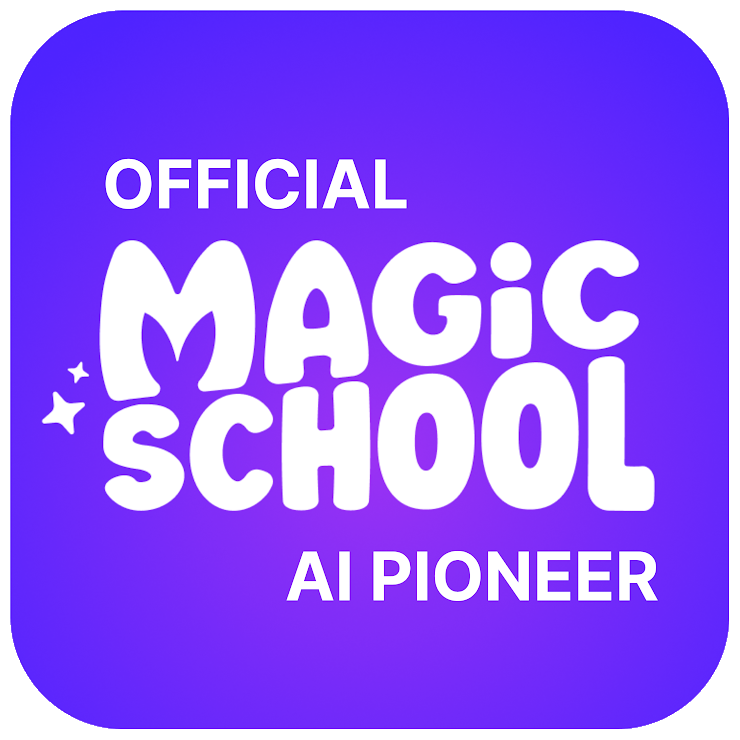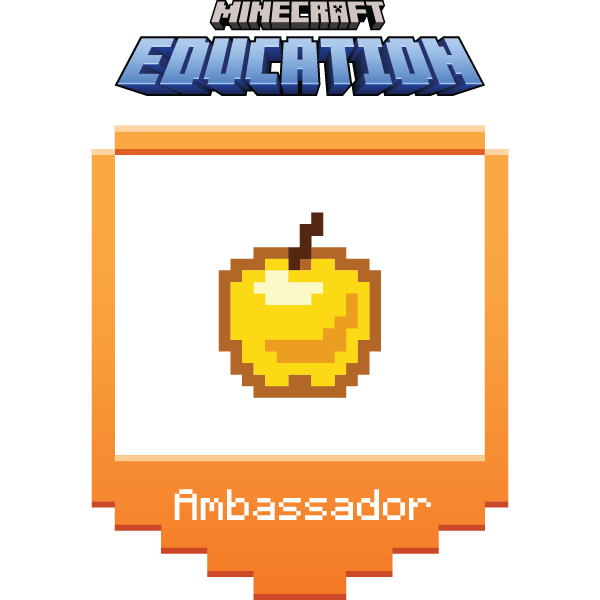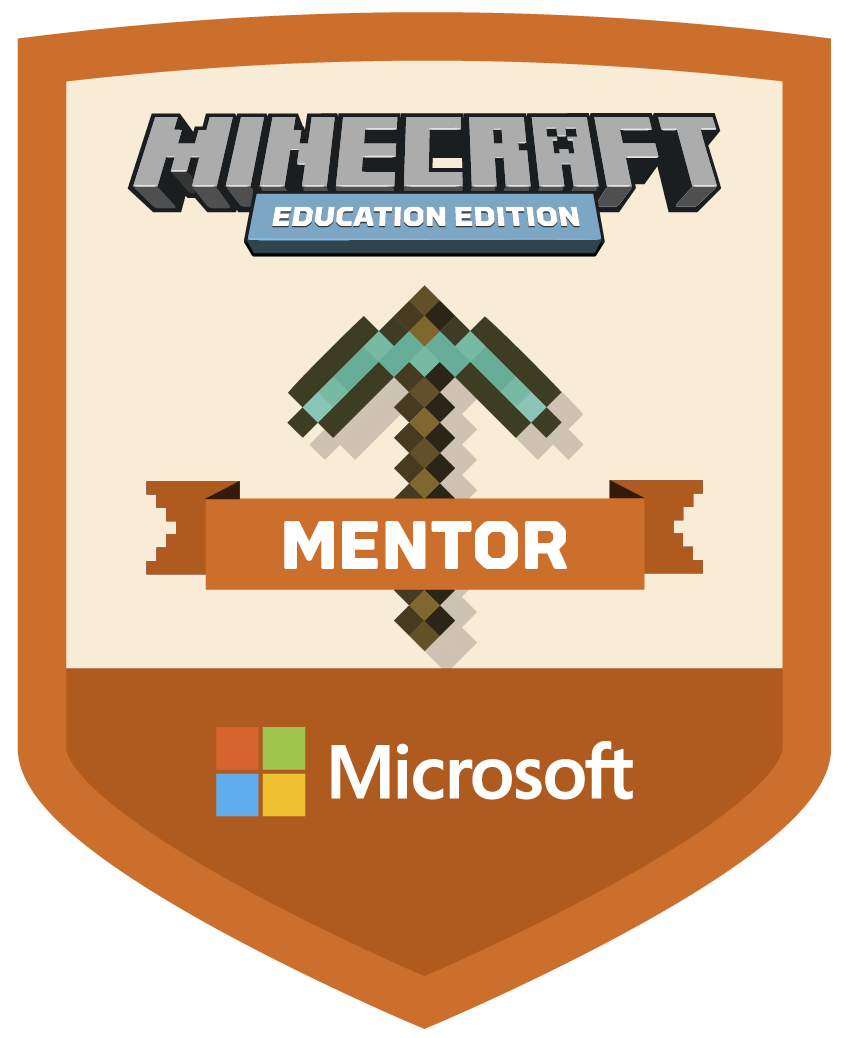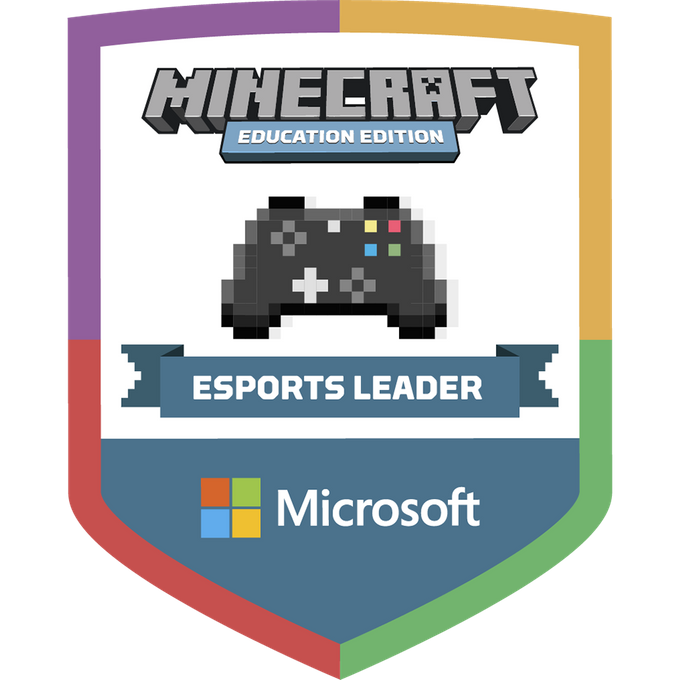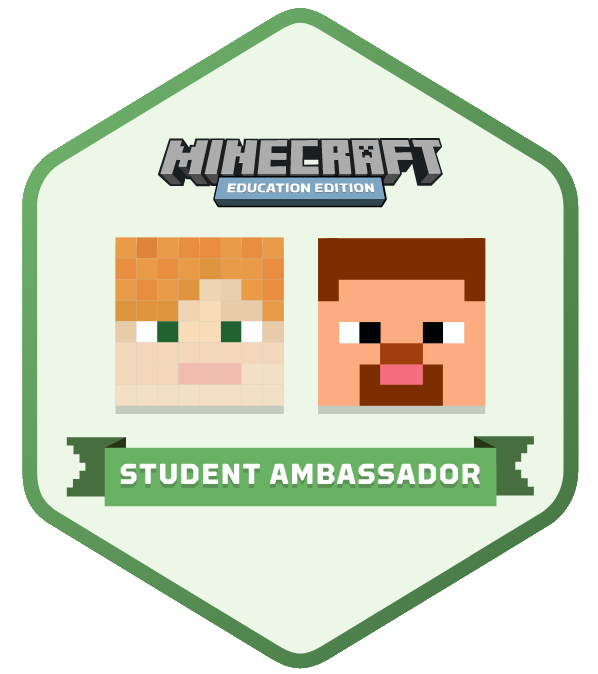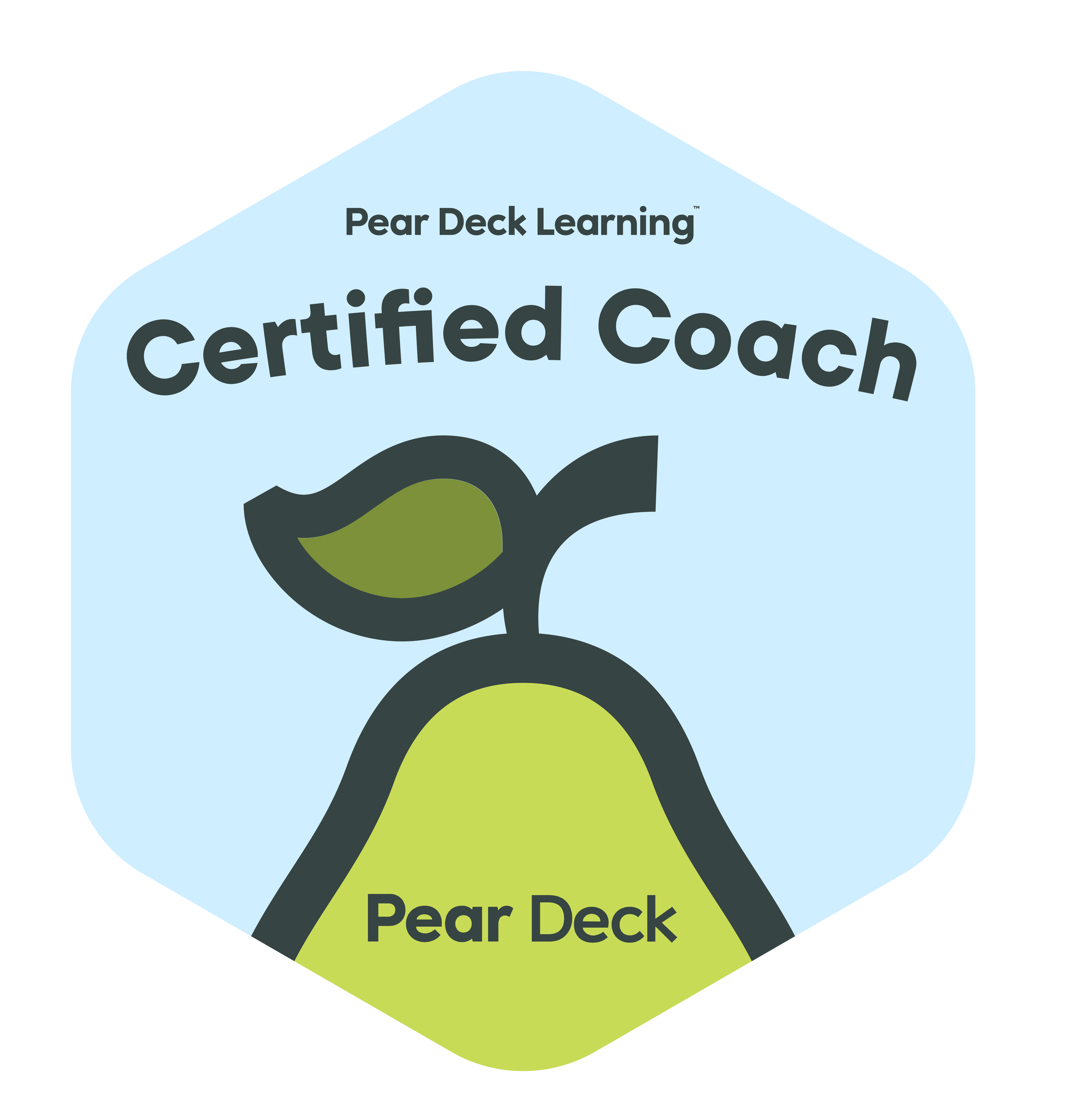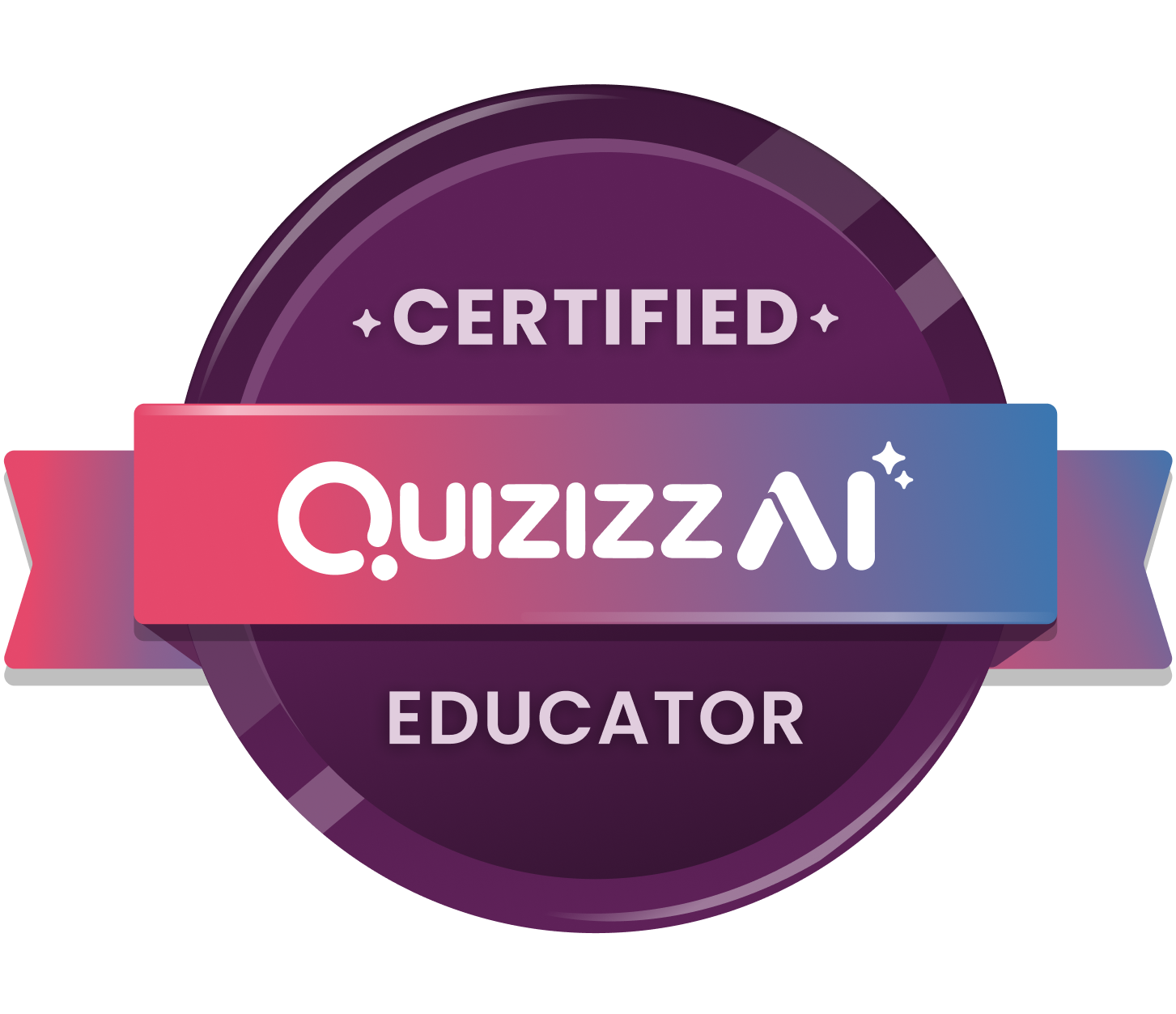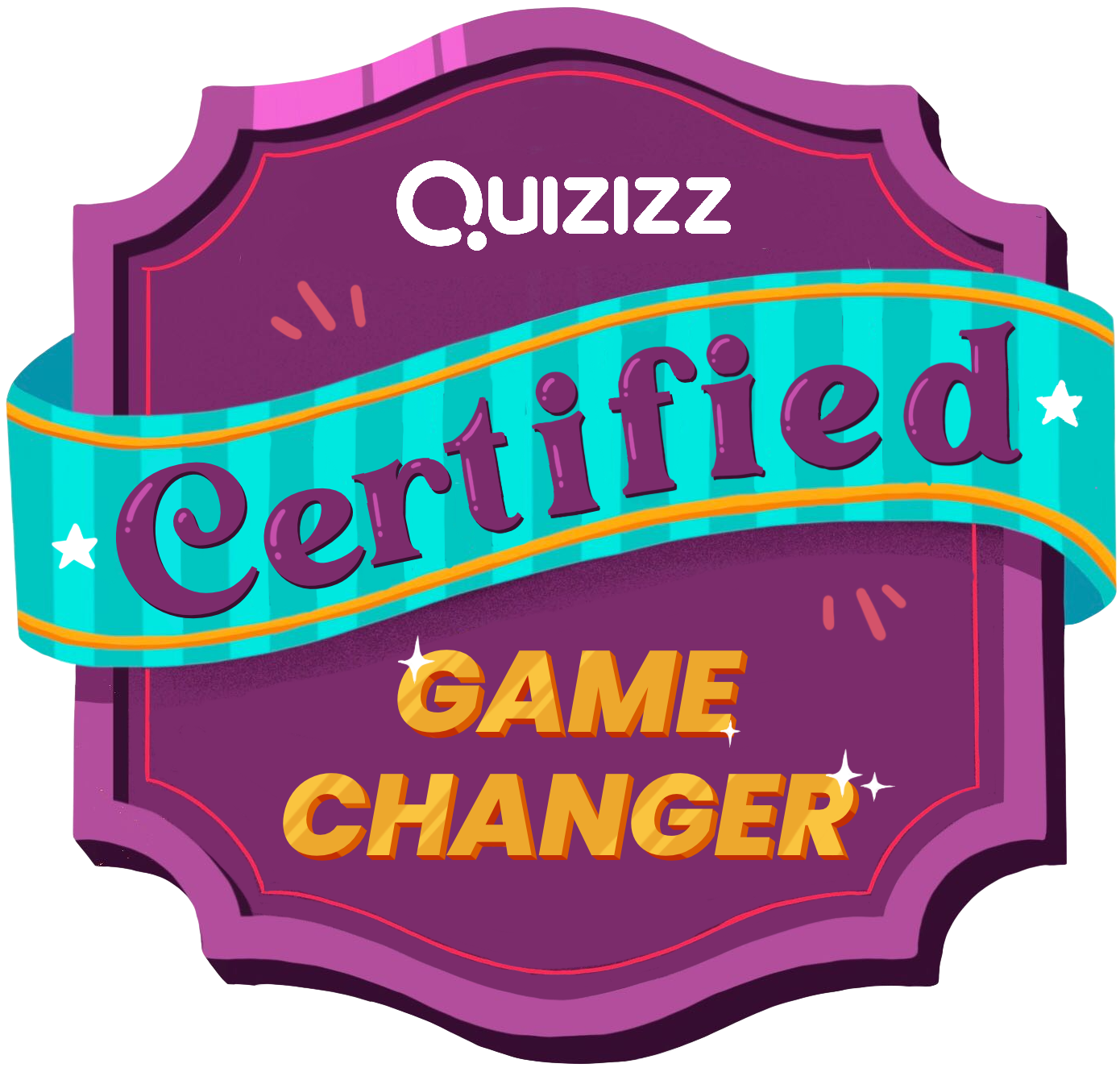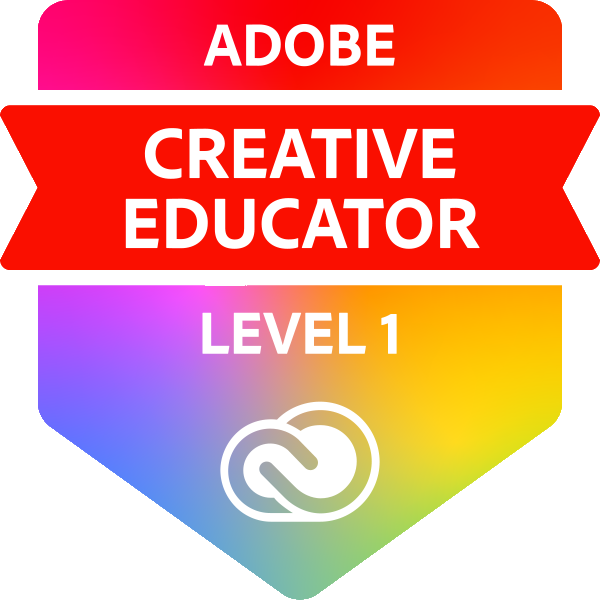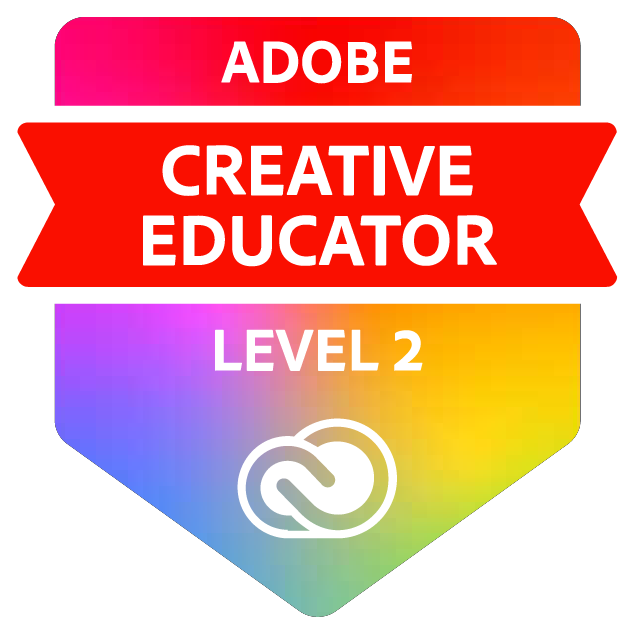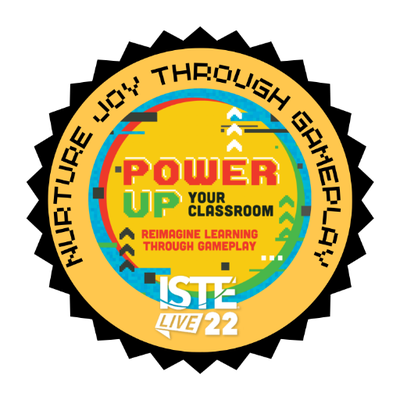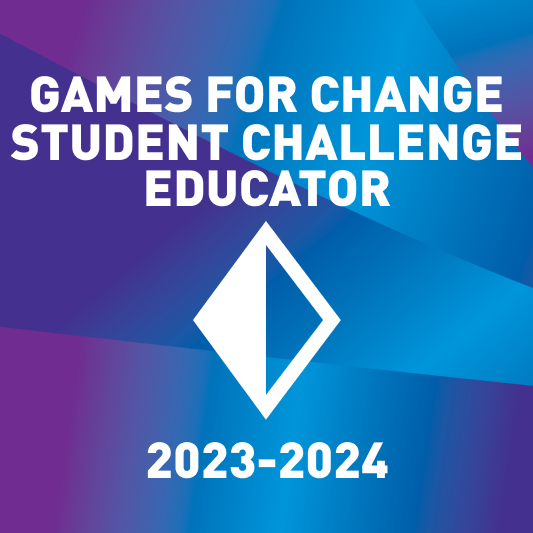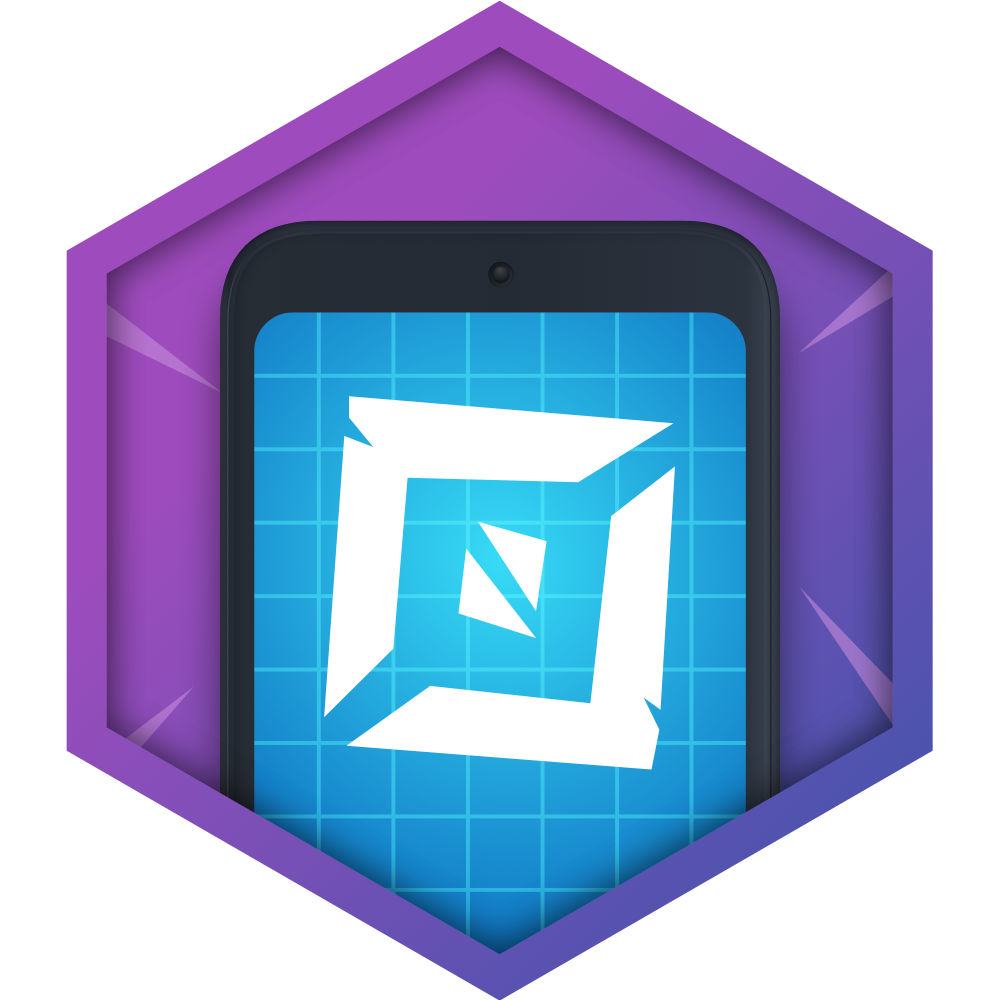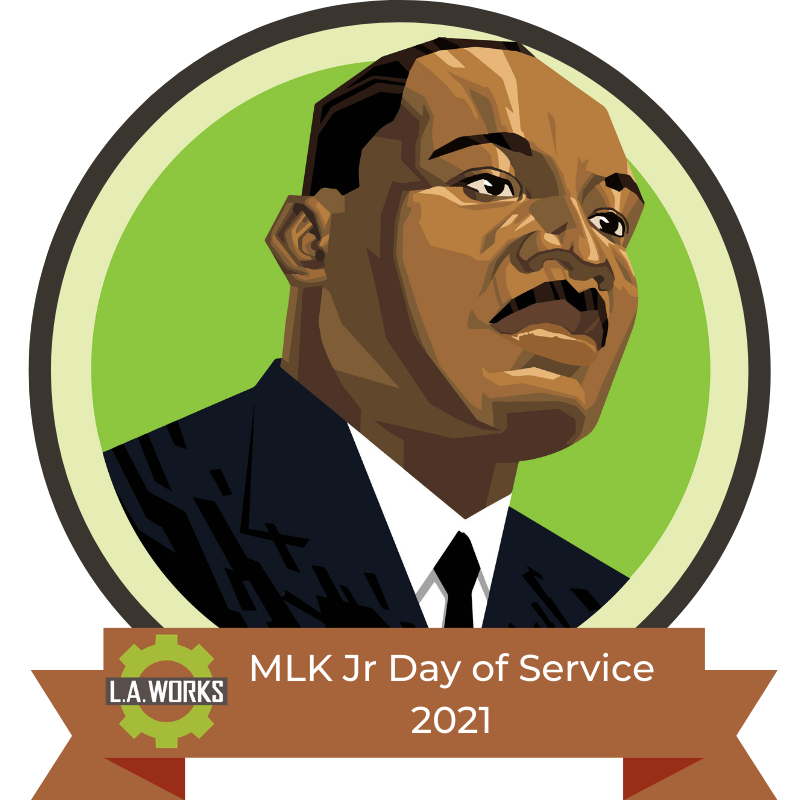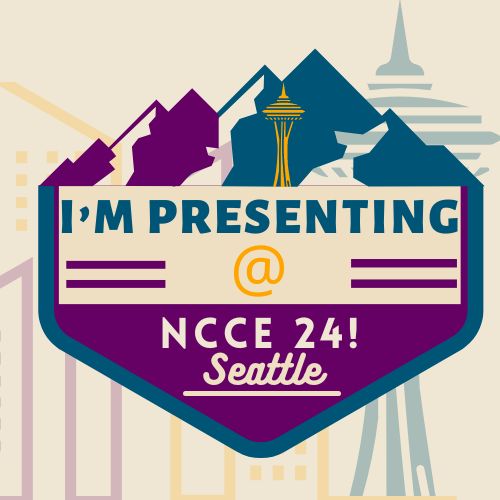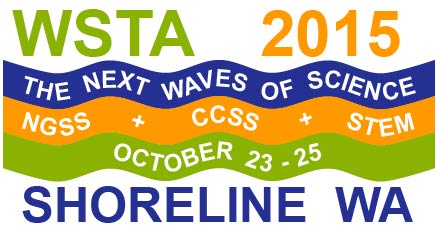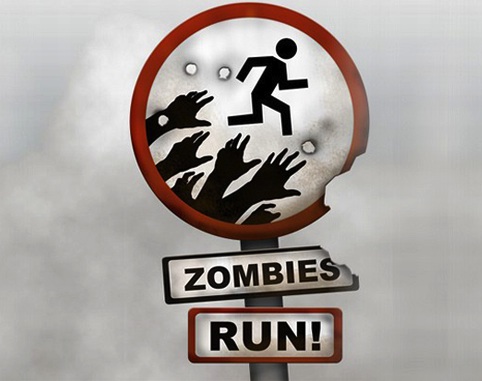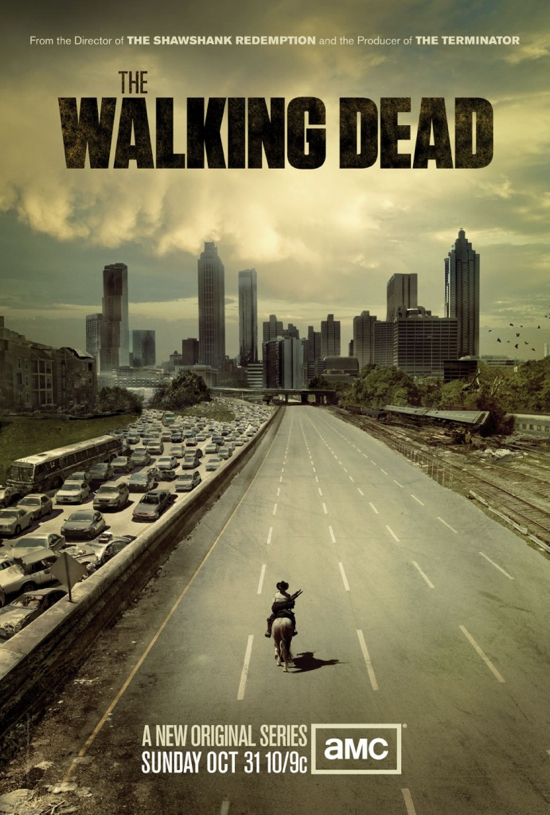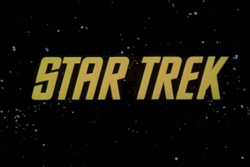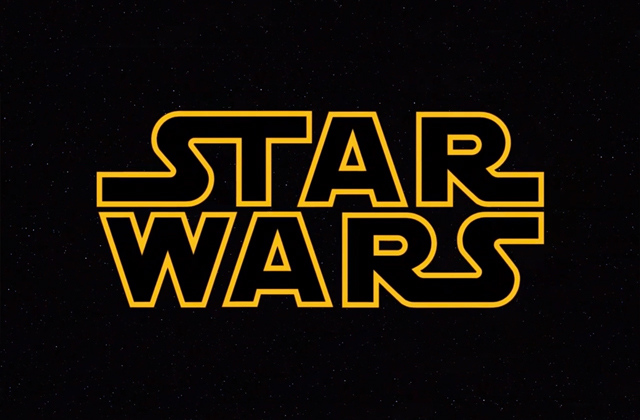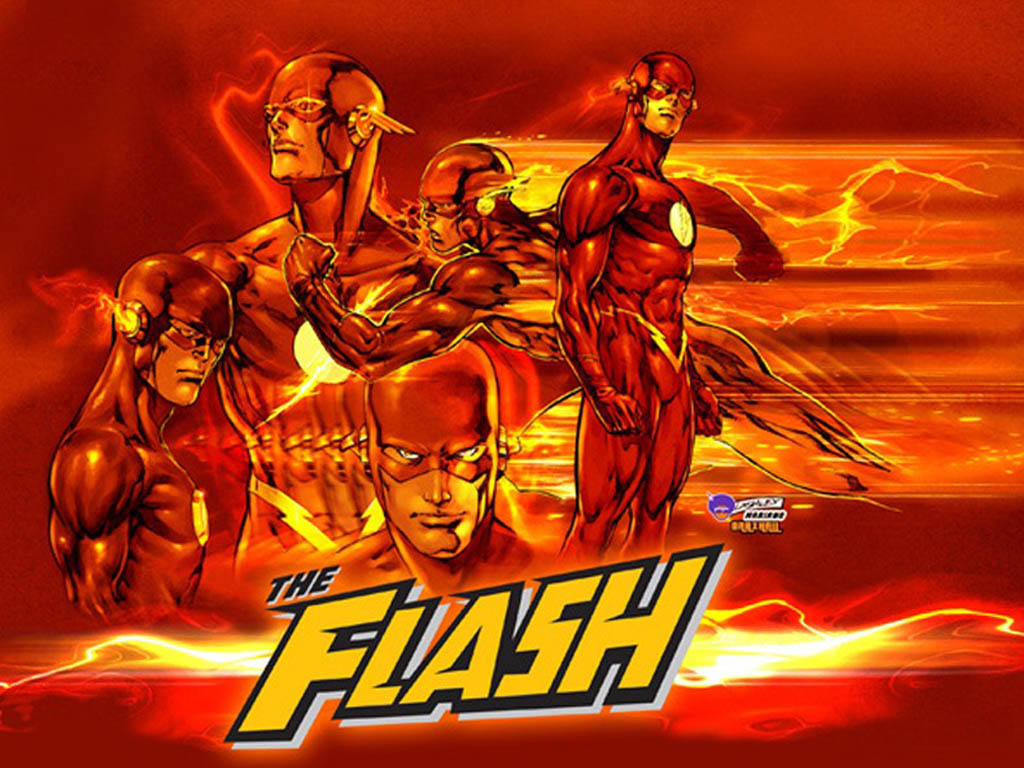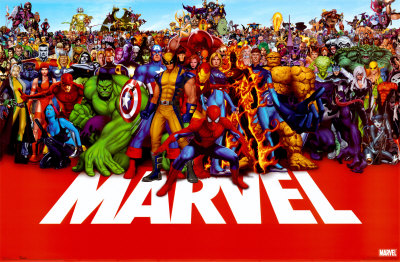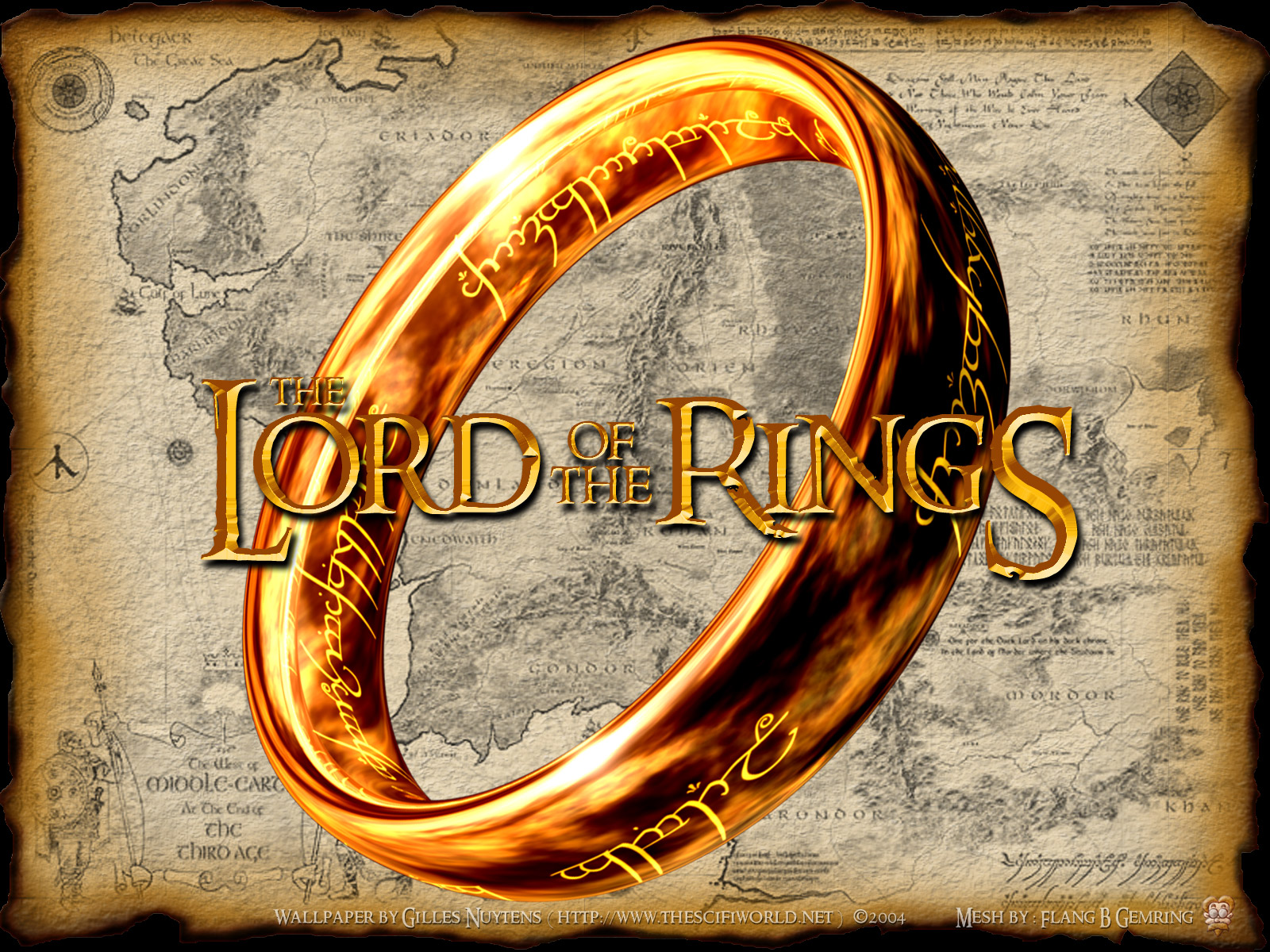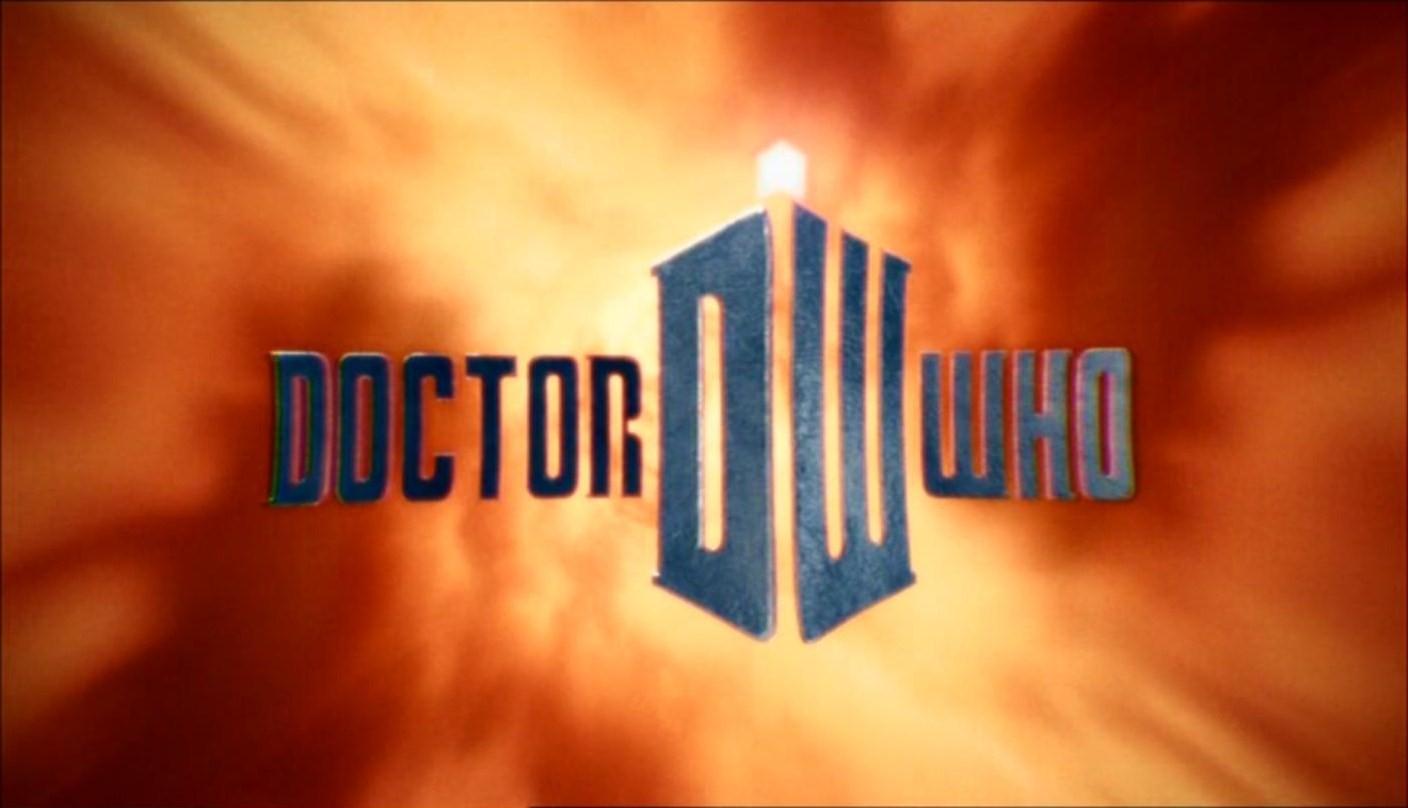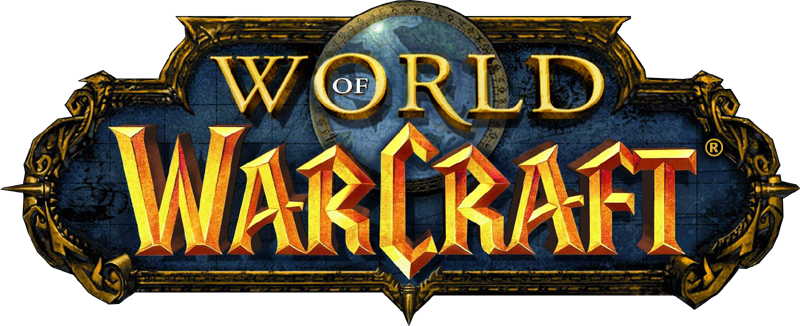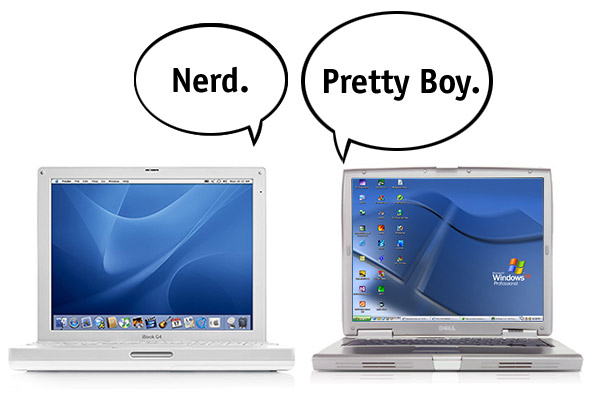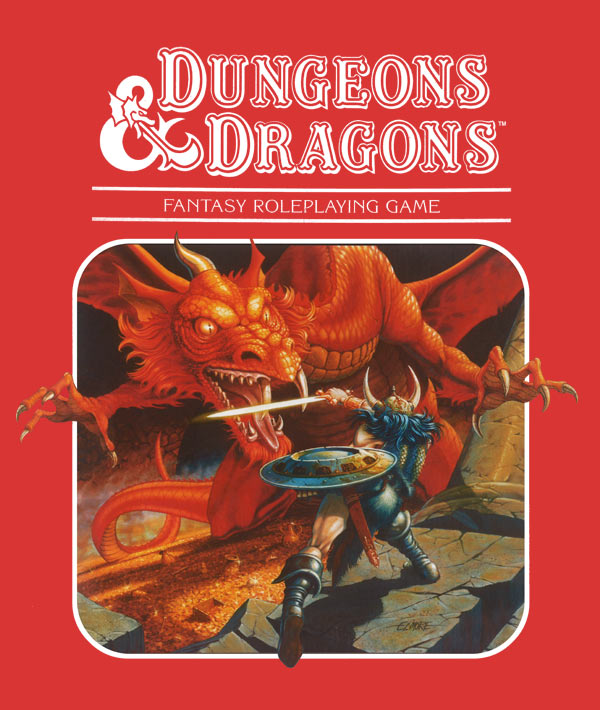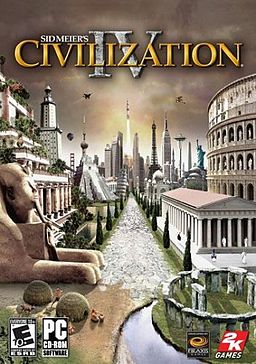Through my work with the Olympic Math and Science Partnership (OMSP) I have been learning a lot about the formative process. One aspect of formative assessment or assessment for learning that is of extra interest to me has been questioning. Questioning used to be one of the five key strategies of assessment for learning but it was later updated to eliciting evidence. That in itself is very telling about this whole questioning thing. Teaching by using inquiry should be about getting our students to become better at asking questions. For me I have to get better at asking questions in order to model and help my students get better.
Of the three key findings of the How People Learn research, 1. Engage preconceptions, 2. Students must have a deep foundation of knowledge within a contextual framework and know how to retrieve and apply it, and 3.Teach students metacognition, questioning is how we engage preconceptions. So it makes sense that the questioning strategy became eliciting evidence. The reason this strategy is of extra importance to me is because it is one that I am very aware of due to how hard it is for me. Asking good questions is not easy for me so it’s no wonder my students struggle with it!
Surfacing our student’s preconceptions is of paramount importance. In Science people tend to hold on to their preconceptions of how the world works even in the face of conflicting evidence. So it becomes the duty of Science teachers to continually challenge and conflict our students misconceptions until the actual Science concepts become what they believe and understand. This often times take years if not their whole K-12 education! So asking the right questions at the right time is essential.
Back in 2004 I attended a physics training where the instructors treated us like students instead of teachers. If you think about it as teachers we are often taught like teachers in that if we struggle with something the instructor usually just gives us the “answer” so that we know what to expect from our students or how to help our students when we teach it. In the physics course we were not given answers. When we asked a question usually in the form of, “okay I’m confused here so tell me is it a mechanical or an electrical interaction?” We expected the instructor to tell us which one but to our surprise and complete frustration the instructors all answered our questions with more questions! And they wouldn’t provide any answers until we had struggled with the concepts enough to be ready for an answer, which usually meant we had discovered the answer for ourselves. At one point of extreme frustration I asked the instructor why he just didn’t answer me. He showed me by answering my question. Then he asked me what I was thinking. I said nothing. His point exactly. When you answer your student’s questions they stop thinking yet when you ask questions or just NOT answer their questions they are forced to continue thinking! It’s a balancing act of deciding when it’s finally okay to answer questions.
Guiding questions to help students get to their next step is the art that we need to master. That is how we use questioning as feedback. What do good questions need to do?
- They help students make sense of the content
- They are open-ended, whether in answer or approach.
- They empower students to unravel their misconceptions.
- They not only require the application of facts and procedures but also encourage students to make connections and generalizations.
- They are accessible to all students in their language and offer an entry point for all students.
- Their answers lead students to wonder more about a topic.
Source: Good Questions for Math Teachers by Schuster and Anderson (2005)
Also from Schuster and Anderson we were shown what we need to consider to create good questions:
- The goals of the lesson
- The misconceptions students may have
- The connections we’d like students to make between lesson goals and previously covered concepts and/or procedures
- Assessment of understanding
And finally we get from Schuster and Anderson some tips on the classroom conditions necessary to support good answers:
– A place to begin
- Think about how students begin the process of answering a question
- Make adjustments to the question posed
– Waiting
- Purposeful, consistent and patient wait time with the goal to elicit mindful, insightful and sound answers
- 5-10 second rule
– Discussing answers (from this I gather they mean a risk free environment where it’s okay to be wrong and learn from each other)
So what this means to me is that just like using any formative assessment strategy I have to plan it in such a way that it is effective to what my students need. And by that I don’t mean plan minute by minute what I’m going to be teaching. Frankly, that is not even my style. But knowing my content well enough and by learning what misconception my students have I can decide which questions will help most. Sure, I often do this on the spot because you never know where a lesson will go or what students will ask or need but it sure does help being prepared so I’m not winging it all.
In order to create a classroom culture that is conducive to not answering your student’s questions and creating a space where it’s okay to make mistakes and learn from each other we were introduced to talk moves. Talk moves are deliberate techniques we use as teachers to engage our students with the content to the point where they will be forced to challenge their misconceptions. Click on the graphic at the beginning of this blog post to see the purpose of talk moves and examples of talk moves. I found this resource on talk moves from the teaching channel that is quite helpful.
I also did a quick Google search on questioning and found some helpful resources:
Questioning Techniques
Questioning
A Questioning Toolkit
The Art of Questioning
Learning Strategies Database – Questioning
Learning Objectives for Questioning
No matter what subject you teach questioning is an important strategy to master (and by master I mean that we keep learning about it and practicing!).
What are your experiences with questioning? Anyone have any other resources to share?

